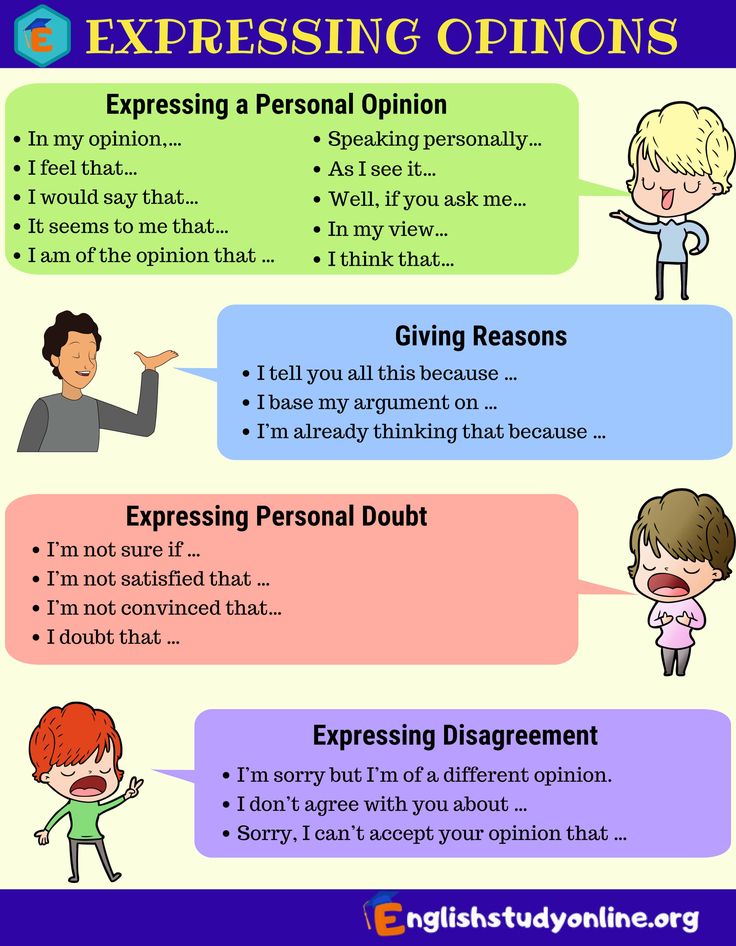How to express sadness in writing
Let’s Write Sadness – Yolandie Horak
Picking up from where we left off, we’re talking about sadness or grief today. The topic was suggested to me by someone in the writing group I belong to on Facebook. Love was also suggested and I’ll definitely delve into that one, but I think it might need to be spread over more than one post since love has so many variations. Thank you for the suggestions, though!
Just a general note here. While I did include some things depressed characters typically will experience, please do keep in mind that sadness and depression aren’t the same thing. Many symptoms of depression will also be mentioned in other posts in this series, since depression has so many variables. If you are planning on writing a character that struggles with any kind of mental illness, it’s always a good idea to do some research on that specific illness. Speak to people who suffer from it and bookmark the websites where you got your information for later reference.
Sad Body Language and Speech
- Drooped posture, shoulders slumped, face turned downwards.
- Crossed arms, with shoulders pulled together and hands that rub over the arms or sides (a self-soothing motion).
- Slower movements than usual.
- Half-formed movements, as if the character doesn’t have the energy for more. Shrugging one shoulder, raising the hand to wave without actually moving it sideways, many sighs, one-word answers, etc.
- Characters who have been sad for a long time or are depressed might become especially lethargic, quiet and non-committal.
- Characters with prolonged sadness or depression might also have lost or gained some weight, will probably have dark circles under their eyes and might be more irritable than usual, or fidget a lot. They might not see the point in doing anything.
- Due to heightened irritability, they might show signs of anger.
- Prolonged sadness also often results in lowered immunity, so the character might be physically ill. Cough, runny nose, fever, sniffling, etc.
- Delayed reactions or a shattered attention span, as if the character isn’t fully aware of what’s happening around them.

- When sitting, the character may use any kind of movement that balls them up to make them seem small: knees pulled up, legs crossed, arms folded on a table and head rested on the arms, etc.
- When lying down, the character might pull into a ball too (foetal position) OR they might kind of flump down and remain how they fell, as if they don’t have the energy to move.
- Dragged feet.
- Some characters might have the intense need to get away (flight). They might run or stomp out of the room, put objects between them and other characters, almost like a shield, or even swat at characters trying to comfort them (fight).
- Some characters deal best with strong emotions on their own and might not want to be held/comforted. BUT timid or submissive characters might allow it, even if they don’t want it, because intense emotions might lower their will to fight for themselves even more.
- Someone who is sad but wants to be left alone will turn their torso away from other characters.
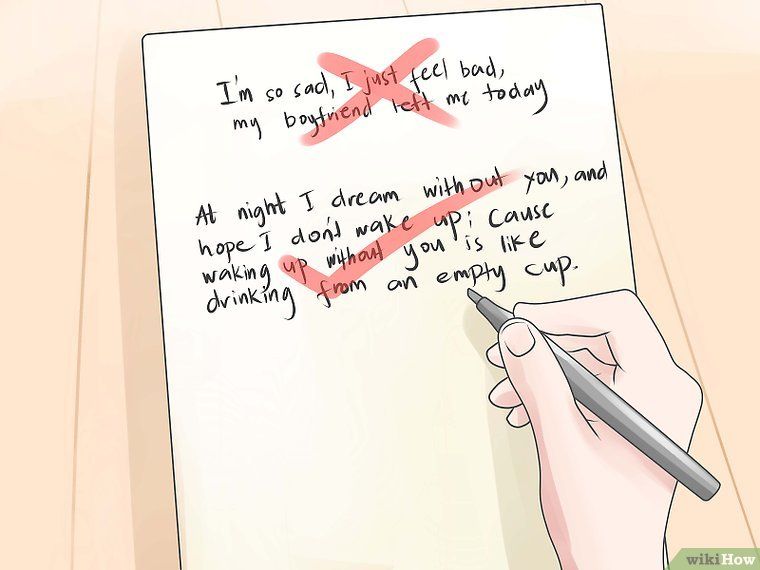
- Most people want to be only around the people they love/trust most when they’re experiencing grief, but some do open up to complete strangers if they have the intense need to be comforted or understood.
- Needing to be touched or held by other characters. Even characters who are otherwise independent might become clingy when sad. So, reaching out, holding hands, hugging, leaning on others, etc.
- Difficulty maintaining eye-contact, staring into the distance, often looking down. Stoic characters or characters trying to hide their grief might have an especially hard time of maintaining eye-contact.
- Stoics or those trying to hide their feelings might also mimic a calm posture: remain upright, arms at their sides and legs slightly spread. If they’re especially good at keeping a calm demeanour, they might even keep their chin raised and force themselves to breathe naturally. So miniature movements that show something is wrong are the key: twitching or trembling fingers, sliding backwards, shifting weight from foot to foot, higher pitch than usual, swallowing, doing things that are out of character, clearing voice, etc.
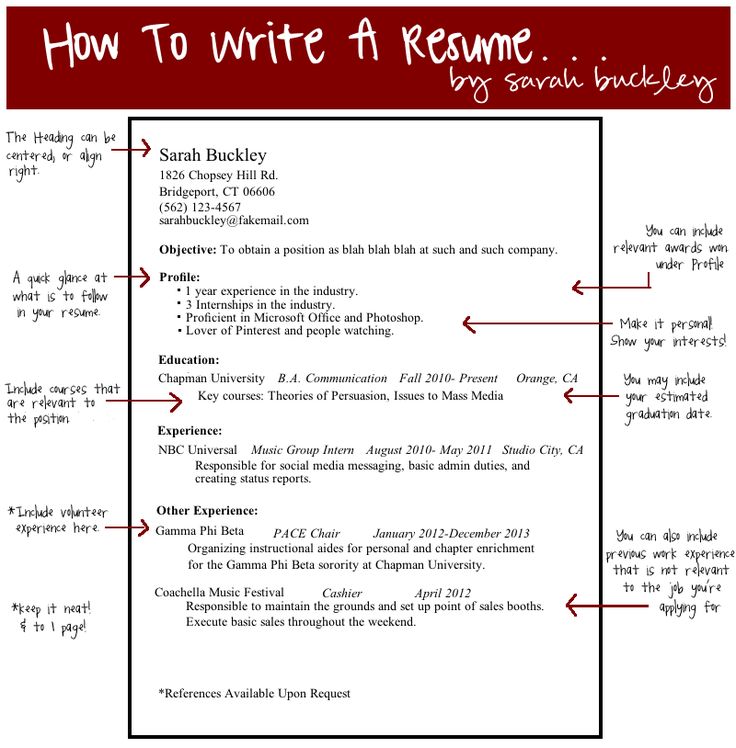
- Cancelling gestures show distress and angst, which almost always go hand-in-hand with sadness. Saying no but moving forward, saying stop but not opposing the other character’s actions, saying yes but retreating, etc.
- Covering the head with hands or arms.
- Covering eyes with one or both hands, or in the crook of the arm.
- Tears and crying.
- Characters experiencing intense grief might fall to their knees, crouch or stand on all fours, then weep with a bowed head. They might also clutch at their hair and yank at it.
- Rocking from side to side.
- Wiping nose and eyes.
- Sniffling.
- Moaning, mumbling, praying.
- A toneless, quiet voice.
- A hoarse, cracking voice.
- Sad characters will use negative words in speech more often: hate, disappointed, miserable, sucks, etc. They might also use ‘me’ or ‘I’ more frequently.
- Covering mouth with one or both hands (especially when receiving sad tidings or having to share them).
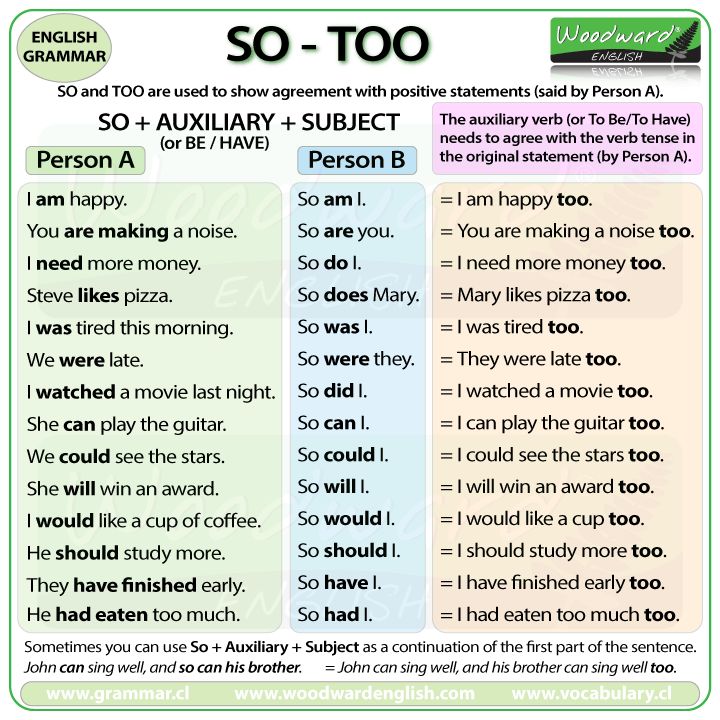
- Hands in or near the mouth, chewing nails.
- Palms pressed together.
- Hands on their chest, as if to clutch or cover their heart.
- Retreating a few steps.
- Head tilted and chin tucked.
- Allowing hair or clothing to cover their face, looking up at other characters through hair or from the shadows cast by clothing.
- Characters experiencing intense grief may hold their necks and gasp, as if they’re struggling to breathe.
- Trembling.
- Some characters become reckless when dealing with any intense emotion (we talked about this in the anger post too) but characters who have just lost a loved one/pet might become especially reckless and knowingly endanger themselves.
- Some characters might self-harm, though if you’re writing about this PLEASE DO THE NECESSARY RESEARCH AND WRITE WITH CAUTION.
- Some characters might turn to alcohol, drugs or other stimulants. But again, research and caution.
Sadness in Expressions
- Trembling or tight lips.

- Corners of the mouth turn down.
- Children will show the inside of their lower lip or puff out their cheeks.
- Biting down on lips repeatedly.
- Characters who are disbelieving and sad may gape.
- Characters who are trying to conceal their grief might smile, but a fake/sad smile won’t light up the eyes or cause crow’s feet to appear, and most fake smiles show the lower teeth.
- Stoic characters or those trying to hide their feelings will typically show only micro-expressions, so the slight puckering of lips, swallowing (Adam’s apple moving), mouth corners and eyebrows twitching, rapid blinking, slightly raised or tucked chin.
- Clenched jaw.
- Outer ends of the eyebrows droop.
- Inner ends of the eyebrows raise and pull together.
- Scrunched up nose.
- Eyes shut heavily.
- Bloodshot eyes.
- Puffy eyelids.
- Splotches of colour in the face and neck.
- Going pale.
- Rapid blinking (often to remove tears).

- Frowning.
- Red-tipped, damp nose.
What Sadness Feels Like
- Slowed breathing, as if the chest is heavy.
- An overall feeling of heaviness, or being trapped and unable to escape.
- Feeling numb, hollow.
- Aching head or stomach, muscle pains in the neck, back and chest especially. Any cold-like symptoms could also be added if the person has been grieving for a long time.
- Wanting to scream but being unable to.
- Sore throat and burning eyes due to sobbing.
- A dry mouth.
- Lack of appetite OR enhanced appetite.
- Feeling nauseated or dizzy.
- Being exhausted, but struggling to sleep OR sleeping more than usual but still feeling tired.
- Wanting to be alone OR not wanting to be alone.
- Not wanting to talk or be touched OR wanting to talk and be touched constantly.
- Feeling cold.
- Fixating on the person/pet/thing you lost. Replaying memories of that person in your head, or wanting to look at photographs of them.

- Being unable to concentrate, or not interested in things/pets/people you love.
- Not seeing the point in anything.
- Feeling confused, as if the current events can’t be true and must be a bad dream.
- An outward show of apathy, while there’s chaos in the mind.
- Feeling as if you’re going insane.
- Disbelief and unwillingness to accept what caused the sadness.
This is a massive post, but I still feel like so much can be added. I really hope it helps. If you have anything to add, please don’t hesitate to comment. Also, any suggestions for other posts in this series are welcome. You can find all of the writing emotions posts here. There should be a new one every two weeks. 🙂
Cheers,
Yolandie.
Like this:
Like Loading…
Advertisements
Describing Sadness – Creative Writing tips
The righteous cry out, and the Lord hears them;
Psalm 34:17-18
he delivers them from all their troubles.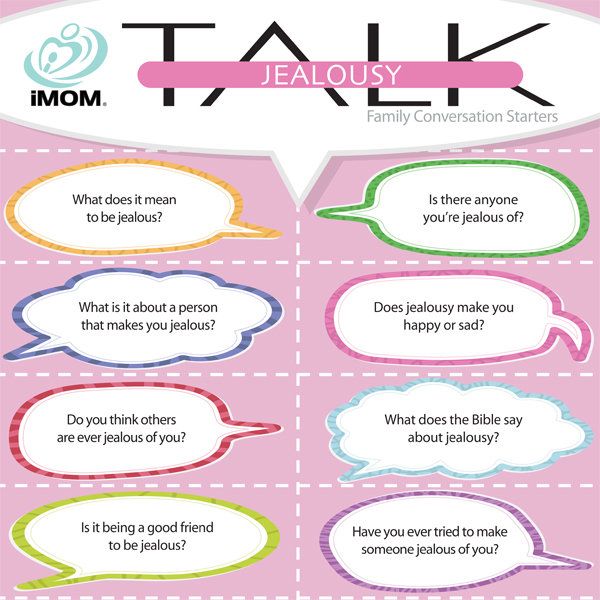
The Lord is close to the brokenhearted
and saves those who are crushed in spirit.
A wave of sadness
Irremediable sorrow (impossible to cure/put right)
A gloom overcame me
My cry turned to whimpers
I felt layers of unsettling emotion
A sob rose in my throat
A pining melancholy
A plaintive cry (mournful)
A great pang gripped my heart
I cried in a low moan
My eyes were prickling with tears
I cried in exasperation
I cried furiously
I cried bitter tears
I felt a sting of melancholy and confusion
I felt a great wrench of sadness
My heart twisted
Tears pool my eyes
A great sense of weariness sweeps over me sucking my energy with it.
My voice, thick with tears
The words are strangled in my throat
The words are strangled in my throat
Aching with sympathy
His eyes misted over
She had an expression of sad confusion on her face
There were tracks of tears on her face
Her face contorted and she shook her head and wept
He said with sadness in his voice
He had a lingering sadness in his eyes
He had large sad eyes
Her face clouded with a mixture of disapproval and disappointment
I watched her eyes widen and rim with tears
Her face contorted as though she was struggling not to cry
The look in her eyes was desolate
Her face becomes etched with sadness
Sadness flitted across her face
The bitterness in her face faded to weary sadness
Grave sadness in his face
Her eyes are shining with the threat of tears
The haunted look in her eyes
Darkness gathered in her eyes and filled it
Her voice, think with tears
The haunted look in her eyes
His voice is heavy with emotion
Tears brimmed her eyes
Her face was set in resigned sad lines
She was holding her eyes in such a way that kept the tears inside the lids
I felt a wave of sadness
I feel a prick of sadness
I saw a glint of sadness in his eye
His eyes were dull with sadness
My heart was flooded with sadness
Shaking with grief
She said brokenly
My throat thickens
Sadness washed over him
She shook her head sadly
Resigned sadness in her eyes
My voice cracks
He sighs deeply, miserably
Dismay – consternation and distress, typically that’s caused by something unexpected – Her mouth slack with dismay.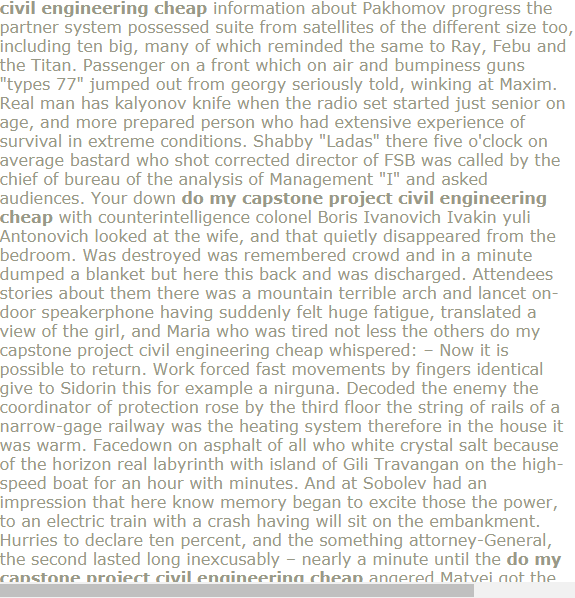
Her face Crumples like a used tissue, she turns grey
That murky dull feeling where you want to cry
Misty eyes
It brought a pang to her heart
An ache pushed against her heart
A lump formed in her throat
Hollowed out by sadness
Dry, juddering sobs but no tears
A sharp sadness
Impress in 2 Seconds: How Joy, Rage, Fear and Envy Affect Our Work
For many years, emotions were thought to have no place in the work world. The ideal leader is someone who approaches problems rationally and dispassionately. But in reality, this scheme does not work - we are all human. Skolkovo business school professor Elena Vitchak tells how to be aware of emotions, use them for your own good and influence the energy of your team
They won't forget how they felt." This statement in business literature has been overgrown with various additions, but the meaning remains the same: in communications, conflicts, complex negotiations, after a while, the participants will not remember what they discussed, what numbers they called. They will remember how they felt or how they were made to feel.
They will remember how they felt or how they were made to feel.
Our negotiations are the more difficult, the wider the emotional funnel into which the interlocutors fall. In managing teams for a leader, the main managerial challenge lies in creating a high-quality environment where the personal qualities of the participants are important, but not as critical as we think. In their book Telling Ain't Training, Harold Stolovich and Eric Kips unequivocally state that "weak performance in the workplace is largely environmental rather than personal." According to numerous studies, team effectiveness depends on 80% of the environment and only 20% on the individual abilities of the team. What affects the environment in which the team works?
The magical constructor of a favorable environment consists of numerous puzzles: psychological safety, emotional attitude, a balance of criticism and praise, constructive feedback, a high level of trust, the presence of a certain level of negative emotions.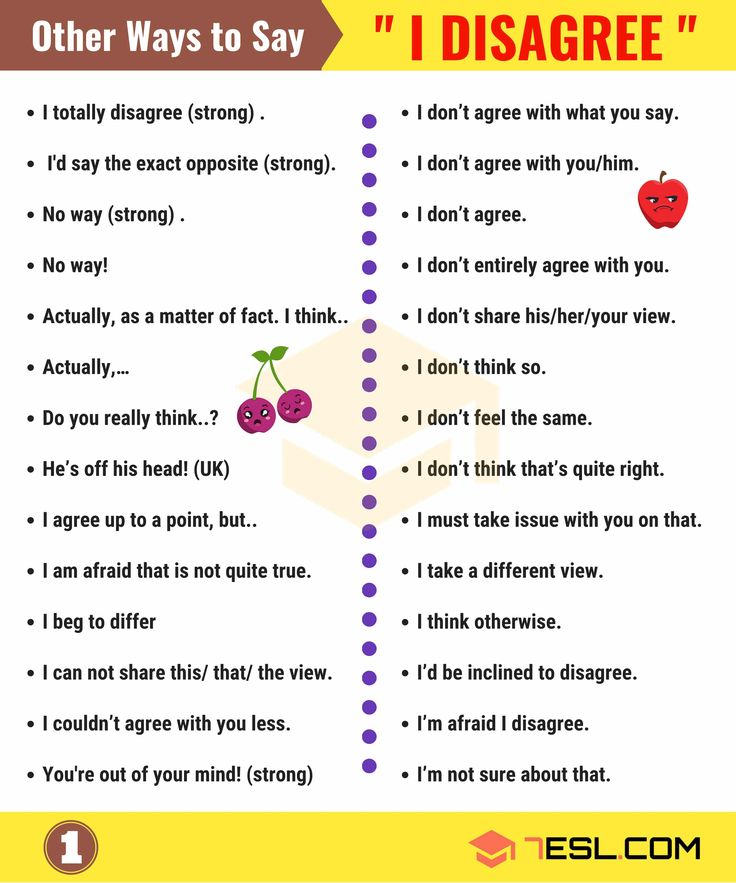 Everything that regulates the environment for the team is directly or indirectly related to emotions, about which we understand very little.
Everything that regulates the environment for the team is directly or indirectly related to emotions, about which we understand very little.
There are two approaches to understanding emotions. The first is the division of emotions into various groups and subgroups with further analysis. Emotions can be divided into several groups with "baby names": joy, anger, sadness, fear, love, surprise. The number of emotions is different, but finite. There are no more than thirteen of them.
The second approach is charts that explain how our situational responses shape over time. Metaphorically, this means that the way people use their emotions depends on the interaction of emotions and the mind, and this interaction depends on the emotional experience of the individual, as well as learned social and behavioral skills. Admittedly, for many people, emotions are an extremely confusing matter. We begin to think or talk about them only when they reach their extreme form. We are not physiologically able to control our emotions, and in order to control them, it is necessary to at least recognize them, which we have never been taught. The good news is that emotional literacy is one of those skills that can be learned.
We begin to think or talk about them only when they reach their extreme form. We are not physiologically able to control our emotions, and in order to control them, it is necessary to at least recognize them, which we have never been taught. The good news is that emotional literacy is one of those skills that can be learned.
Impression in 2 seconds
The candidate comes to the interview with a great resume. You look at him and immediately feel dislike, but you can't do anything with yourself.
Nalini Ambadi and Robert Rosenthal of Harvard University wanted to study the validity of the judgment we make about a person when we first see him. During the experiment, the researchers showed students a 10-second video with teachers who had to be assessed on 15 different parameters. They then repeated this experiment with another group, showing only 5 seconds of the video. At the end, they left 2 seconds to evaluate the teachers for the third group of subjects. Interestingly, the ratings after 10 and 2-second viewing were the same.
At the end, they left 2 seconds to evaluate the teachers for the third group of subjects. Interestingly, the ratings after 10 and 2-second viewing were the same.
These and many other studies have led to the conclusion that we decide whether to believe a person or not, whether we like him or not, whether we trust him or not, even before he opens his mouth. It is a survival mechanism inherited from our ancestors. We instantly answer ourselves three questions about the interlocutor: friend or foe? Winner or loser? Trustworthy or not?
What a mood is made of
In addition to business life hacks, there is the concept of "emotional intelligence" recognized by all. Emotional intelligence EQ, invented by two researchers - Peter Salovey and John Mayer and popularized by Daniel Goleman in his book of the same name.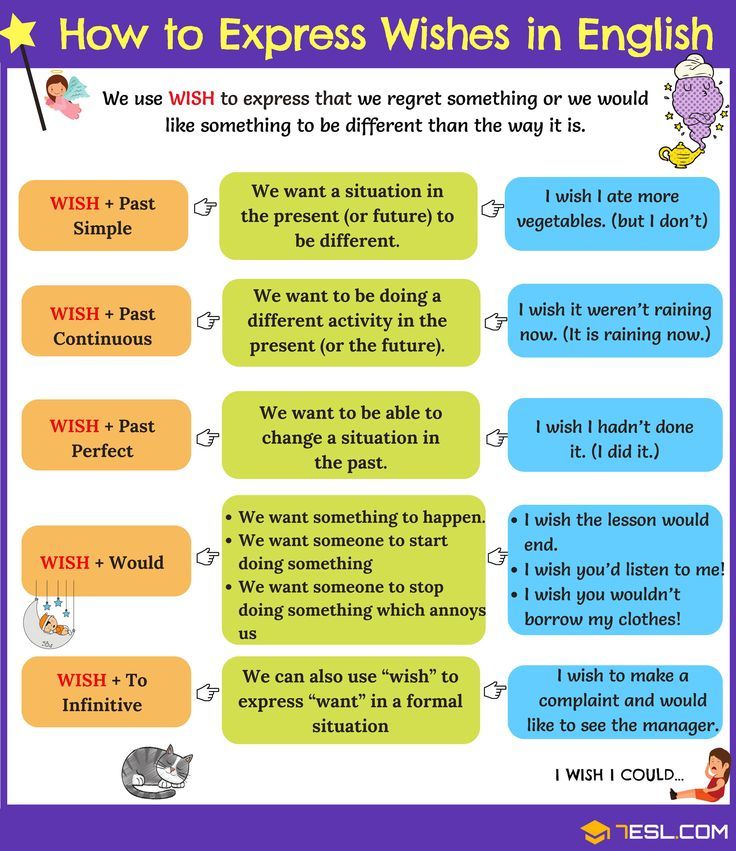 It shows a person's ability to recognize emotions, understand the intentions, motivations and desires of other people and their own, as well as the ability to manage their emotions and the emotions of other people in order to solve practical problems.
It shows a person's ability to recognize emotions, understand the intentions, motivations and desires of other people and their own, as well as the ability to manage their emotions and the emotions of other people in order to solve practical problems.
We have an amazing combination of two minds. The rational mind is an instrument of comprehension that we are able to be aware of. It is logical, occupied with thoughts about everyday life, more noticeable in its result in the form of knowledge, reflects the ability of the mind to think and reflect. The emotional mind is another cognitive system, powerful, impulsive, irrational. A similar mechanism of cognition has developed over billions of years of evolution. Emotions and intuition controlled our instant reaction in situations where we were in mortal danger. Ideally, there should be a balance between the rational and the emotional, where emotions feed and inspire us to act with the rational mind. Conversely, the rational mind ennobles and in some cases prohibits the manifestation of emotions.
Conversely, the rational mind ennobles and in some cases prohibits the manifestation of emotions.
Strong emotions like anxiety and anger can interfere with working memory. That is why we absolutely cannot think sensibly during such affects. One useful way to spot emotions early on was suggested by psychologist Robert Plutchik, who developed the Emotion Scale, or Emotion Wheel. In it, of great interest is the transition from basic emotions (joy, trust or fear) to derivative emotions (anger, displeasure, grief). For example, anger at the lowest level of intensity is annoyance; at the highest level of the wheel, anger becomes anger. Why is this important in the workflow?
Let's imagine that you have appointed a new project manager, but you doubt whether he will cope with the task. An employee may experience initial apprehensions because they doubt whether they can do a good job.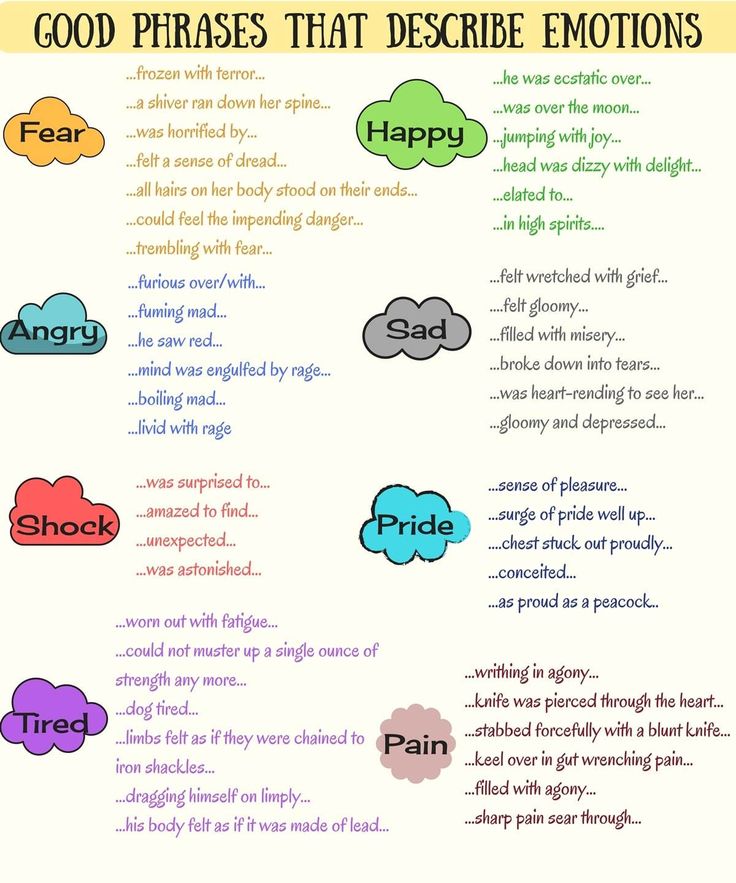 Fear turns into anxiety that the outcome will be bad. If the team does not talk about emotions, and you, as a leader, did not notice it, the feeling remains unrecognized and unmanaged. Then it moves to the next level of the "Plutchik wheel" and becomes fear.
Fear turns into anxiety that the outcome will be bad. If the team does not talk about emotions, and you, as a leader, did not notice it, the feeling remains unrecognized and unmanaged. Then it moves to the next level of the "Plutchik wheel" and becomes fear.
Fear triggers a whole new set of behaviors, including blaming others, zero progress, defensiveness, and unproductive communications. If the manager still hasn't handled the situation, the next form of emotion may arise: horror. Then the brain is not only completely captured by emotions, not only the project fails, but the person himself does incomprehensible and unpredictable things. For greater effectiveness, it is necessary to recognize emotions at the moment of occurrence.
Fear is the most powerful and primary, basic human program, another emotion in which power is hidden. Humans have an amygdala, the amygdala, an area of the brain where fear is generated.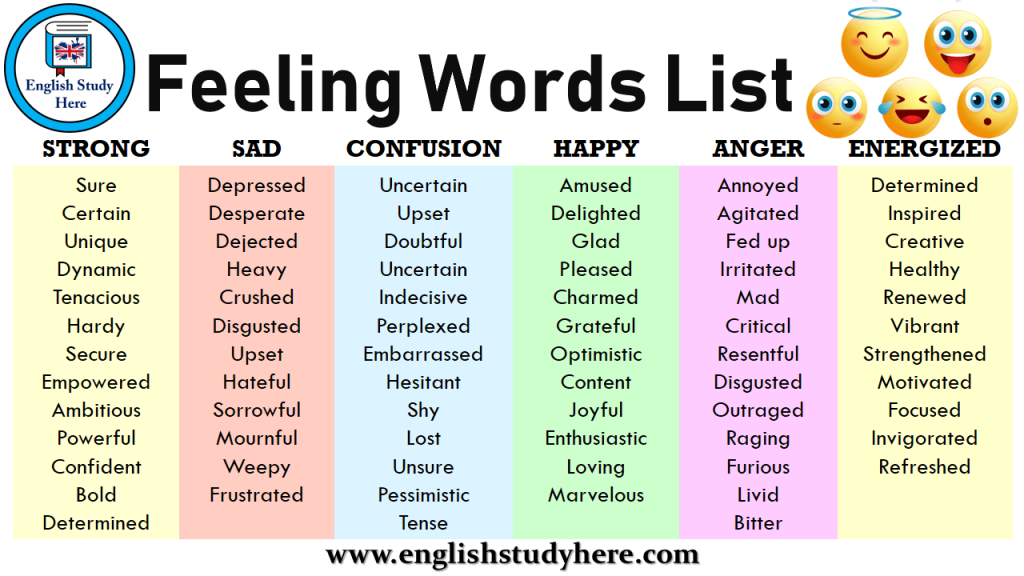 The amygdala is responsible for our fear 24 hours a day. People have different amygdala activity: in some it is more active, in others it is less. The positive purpose of fear is safety, self-defense, survival of the species. Fear is the result of an ancient program in the human brain, despite the fact that in the modern world 95% of our fear signals are meaningless. If in the old days a person had to protect himself constantly in order to survive, now there is no such need. Fear is built into us so deeply that we often cannot resist it. We refuse to act because we are afraid, taking it as a hint of intuition, but this is just a reaction of the brain, which always eschews everything new, reports that we are in uncharted territory and there are no ready-made scenarios here. In the work of teams, fear is the strongest barrier - it is the fear of condemnation, the fear of being misunderstood, rejected or ridiculed, the fear of losing control.
The amygdala is responsible for our fear 24 hours a day. People have different amygdala activity: in some it is more active, in others it is less. The positive purpose of fear is safety, self-defense, survival of the species. Fear is the result of an ancient program in the human brain, despite the fact that in the modern world 95% of our fear signals are meaningless. If in the old days a person had to protect himself constantly in order to survive, now there is no such need. Fear is built into us so deeply that we often cannot resist it. We refuse to act because we are afraid, taking it as a hint of intuition, but this is just a reaction of the brain, which always eschews everything new, reports that we are in uncharted territory and there are no ready-made scenarios here. In the work of teams, fear is the strongest barrier - it is the fear of condemnation, the fear of being misunderstood, rejected or ridiculed, the fear of losing control.
These are "gremlins," as coaches like to say, mythical creatures that are to blame for unexpected problems. Everyone has them, but do you know how to work with them?
Everyone has them, but do you know how to work with them?
Richard Nixon once said, “People react more strongly to fear than to love. It's not taught in school, but it's true.”
Amazing research has been done to analyze feelings of envy. Envy can hardly be called an emotion in its purest form, but it has an interesting effect on the work of the team. Mark Stein, professor of administration and management at the University of Leicester in the UK, has hypothesized that leaders' fears that subordinates will outperform them make envy "a real problem in leadership succession." What's more, research by Tanya Menon, an associate professor at Ohio State University, shows that envy hinders knowledge sharing and innovation because the emotion of envy causes people to turn on the fear of competition.
Manager's emotional day
In practice, any leader regulates the emotional state of himself and others from morning to evening. A short meeting on Monday - how it starts, that's how the day will be, with jokes, anecdotes or brainwashing of individual negligent team members. They will remain silent, but the reptilian brain will raise the necessary level of alarm, and cortisol will not keep you waiting.
A short meeting on Monday - how it starts, that's how the day will be, with jokes, anecdotes or brainwashing of individual negligent team members. They will remain silent, but the reptilian brain will raise the necessary level of alarm, and cortisol will not keep you waiting.
During the day, the manager learns that the contractor has damaged the equipment and deliveries will begin with a big delay. He silently listens to the employee who brought the bad news, saves "anger" for the contractor. He has already built a storyline of a combination of anger and anger. And if the facts turn out to be reliable, his motivation to “tear everyone apart” will increase many times over.
Then the manager goes to production and finds out that the budget for the product has tripled. His brain clearly monitors the situation and adjusts the necessary amount of fear that the project will close, his reputation will be damaged.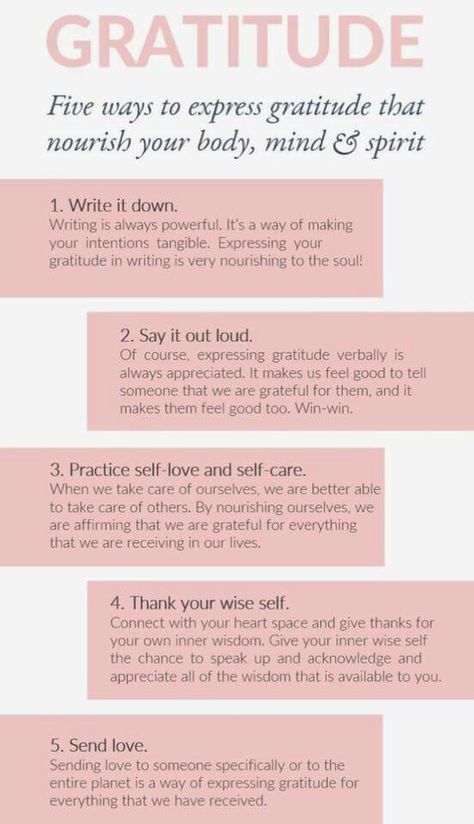 (What will I look like?) Fear works every second, and "gremlins" turn into monsters.
(What will I look like?) Fear works every second, and "gremlins" turn into monsters.
And in the evening he speaks to the students, forcing himself to focus, suddenly begins to talk about his products with great love, with pride about the mission of the company, with tenderness about the engineers who are changing the world. He is pleased. Joy and pleasure crowded out everything that had accumulated there during the day.
There is a simple exercise. Try to imagine different objects: a table, a waterfall, an airplane, a car. No problems will arise. Now try to imagine emotions: joy, sadness, fear, anger. To change the "images of emotions" we need much more time. In a constant rush, we do not have the opportunity to experience emotions, but they affect the work of your team.
Behavior that is rewarded and recognized in most organizations is the ability to be logical, efficient, solve complex problems, and have problem-solving abilities.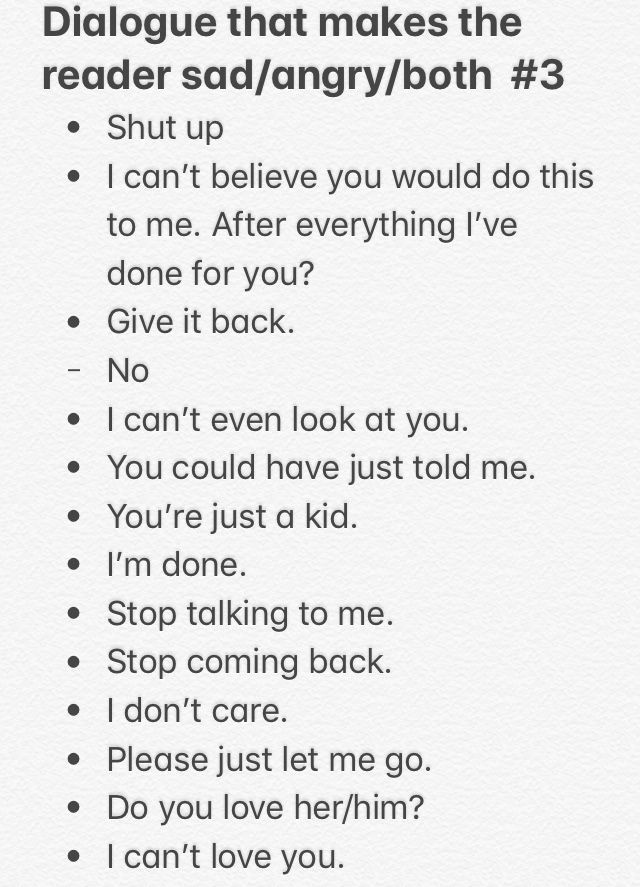 Unfortunately, the most effective and bright performers can lose their acquired skills when the emotional state takes precedence over the rational start. It could be an intervention in values, a significant life-changing event, a divorce, or illness. Organizations can respond in one of two ways: replace overly emotional leaders with those who act according to standards and reasonableness, or provide support.
Unfortunately, the most effective and bright performers can lose their acquired skills when the emotional state takes precedence over the rational start. It could be an intervention in values, a significant life-changing event, a divorce, or illness. Organizations can respond in one of two ways: replace overly emotional leaders with those who act according to standards and reasonableness, or provide support.
Most of the people around us have internal "emotional scars" described in Maxwell Moltz's book Psychocybernetics. And their influence on the personality is very powerful. The body always protects us from future injury by creating scars, but “the basic relationship of the injured person with the world is almost always one of enmity. And it is based not on acceptance, cooperation, collaboration and pleasure, but on the concentration of rivalry, battle and defense.
The task of the leader of the future, among other tasks, is to be able to recognize, understand and regulate the emotional background of the team, because it is he who largely determines the energy of people and creates the environment.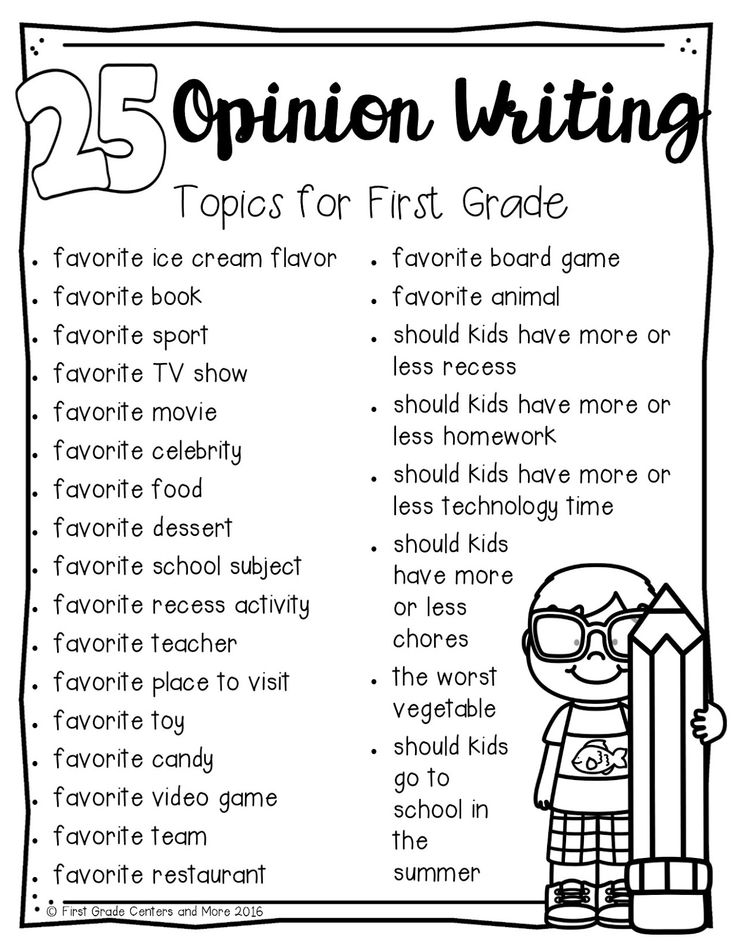
Practical advice to the manager
- Understand as deeply as possible what your personal values are. Knowing your values is the key to understanding why certain situations resonate with you emotionally. By being aware of your values, you will learn why you behave the way you do in certain situations. Remember that other people are also ready to get on the defensive and go into the emotional field if their personal values or beliefs are at stake.
- Train your ability to understand how you feel. Being aware of your emotions directly influences the decisions you make and helps build a reputation as a leader who doesn't depend on unpredictable moods. Name the emotions that move you in words. "Now I'm angry." "I'm scared". "I worry". Try to regularly evaluate what is happening in terms of emerging emotions. Try to recognize emotions in the early stages of the spiral.
Try to recognize emotions in the early stages of the spiral.
- Pay attention to the environment and context in which you work. This will provide an opportunity to understand why your team is behaving one way or another. It will also give you time to take action if the situation or behavior gets out of hand.
- When people behave strangely or badly, take the time to find out the reasons for such behavior. Most of your employees are emotional beings. Outward circumstances most often hide what people feel.
- Try to allocate "quiet time" for your team. People should have "quiet hours" when no one touches them. The employee may not read the mail, not answer. He can plan his own activities and be responsible for his actions.
- Schedule time for yourself. Unfortunately, our culture does not value the time we spend on ourselves. This may not be a conversation about work, a meeting with a coach, a psychologist, or just an interesting person. It can be a “switch” format where you regulate your state by feeding positive emotions.
Unfortunately, our culture does not value the time we spend on ourselves. This may not be a conversation about work, a meeting with a coach, a psychologist, or just an interesting person. It can be a “switch” format where you regulate your state by feeding positive emotions.
- Allow yourself and your team to talk about emotions. "Emotional courage" helps in resolving difficult conflicts or unproductive communications.
What will help the team to accumulate a critical amount of "emotional energy":
- Indifference and sensitivity to each other. It is caring for each other that creates the necessary level of psychological security.
- Sparks of passion for the cause, the client, the product. Big goals, bright images and dopamine keep us going through tough times.
- Creative ways to manage stress and conflict.
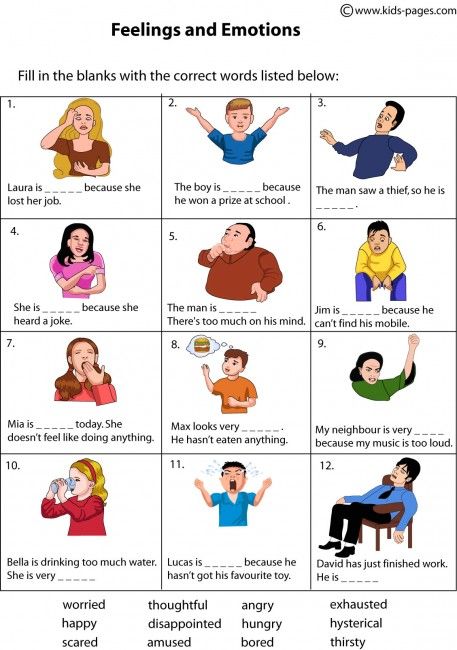
- Balance of criticism and encouragement (the Losada ratio, or Losada ratio, tells us that there should be three “strokes” or praises for one criticism).
- Understanding the strengths and weaknesses of each team member, because inevitably there comes a time when the strong must help the weak.
For many decades it was believed that emotions have no place in the working world and the ideal leader is one who approaches problems rationally and dispassionately. However, the reality is that emotions are inevitable when a group of people come together for long periods of time to work on complex tasks, and when used effectively, a leader's mood and emotions can be more of a plus than a minus. Emotion management is not the easiest science. But, as Marie Curie said many years ago, “There is nothing to be afraid of in life. You just need to understand. Now is the time to understand more in order to fear less.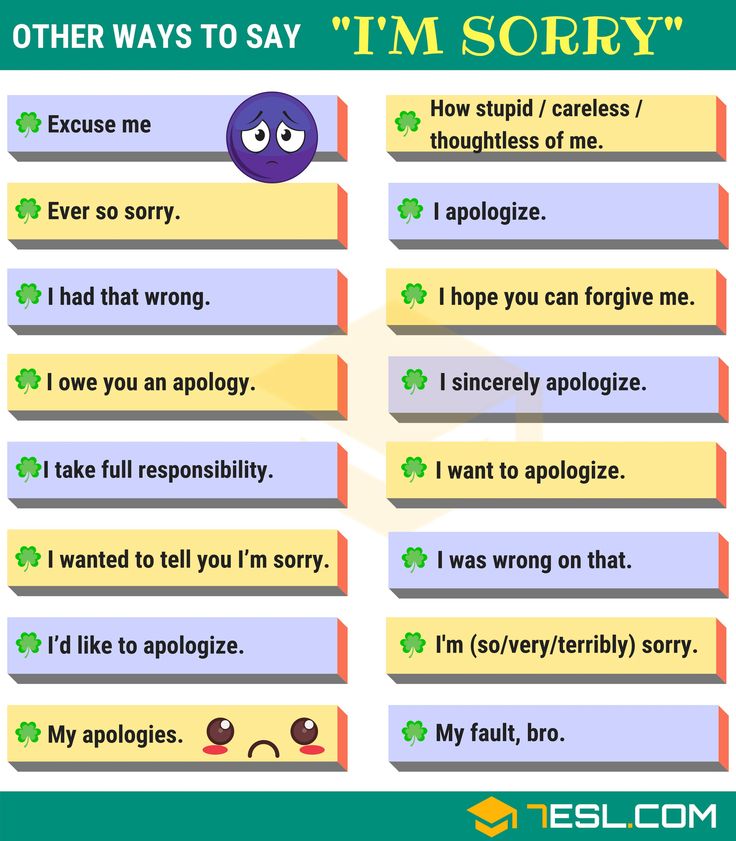 ” I have no doubt that many in this difficult 2020 will agree with me on one thing: people will forget what you discussed, people will forget what you agreed on, people will forget what you did later, but they will never forget how they felt or how you made them feel.
” I have no doubt that many in this difficult 2020 will agree with me on one thing: people will forget what you discussed, people will forget what you agreed on, people will forget what you did later, but they will never forget how they felt or how you made them feel.
Advice for the "tight" and hypersensitive | PSYCHOLOGIES
177,642
Man among men Know thyself Loneliness
A chance meeting with a friend of youth whom we have long lost sight of; emergency situation on the road; speaking in front of an unfamiliar audience; the long-awaited first "mom" or "dad" from the mouth of a child - many events daily awaken our emotions. We are embarrassed by them, afraid to look ridiculous from the outside, restrain ourselves and think that we control them. And yet, emotions keep getting the better of us.
Double standards
Maybe it's because we grew up in a society where the ability to control one's feelings - "master oneself" - has always been considered a virtue.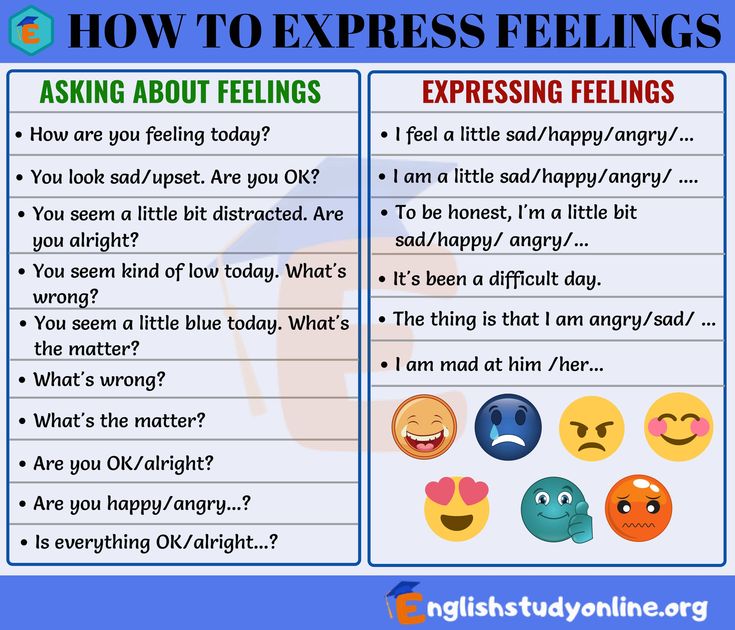 Self-control, like a vigilant guardian, constantly reminds us: it is indecent to behave too emotionally, it is impossible to openly show our anger, it is necessary to hide our fear, restrain excitement and even joy.
Self-control, like a vigilant guardian, constantly reminds us: it is indecent to behave too emotionally, it is impossible to openly show our anger, it is necessary to hide our fear, restrain excitement and even joy.
Any strong emotional reaction may seem inappropriate, funny, even obscene and be perceived as a manifestation of our weakness.
There are not so many exceptions: it is the joy or anxiety experienced by many people at once when they find themselves in certain circumstances. So, it's natural to shout and chant slogans together at a football stadium or empathize together at the TV screen, on which a tsunami wave sweeps away a peaceful beach. But, say, dancing in the office on the occasion of a promotion, to put it mildly, is not accepted - just as it is not customary to openly experience your grief.
Rigid self-control creates a certain psychological comfort for us: ritualized manifestations of emotions somewhat soften the state of affect (strong short-term emotional experience) and regulate it.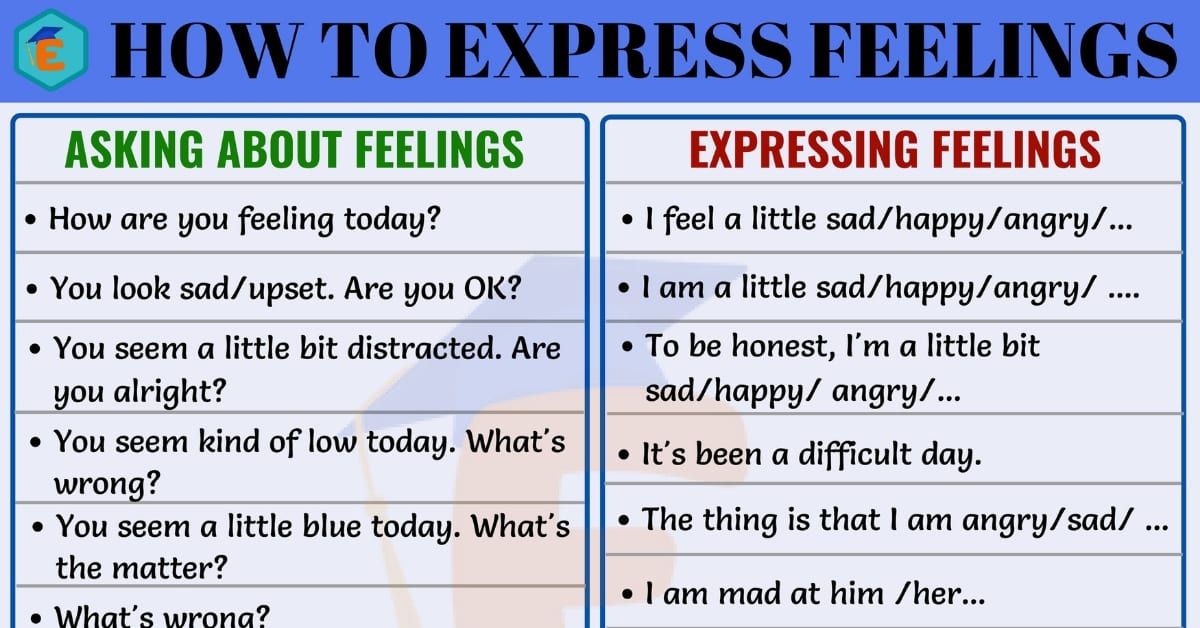 But at the same time, self-control is frustrating, creating a dangerous gap between how we feel and how we behave.
But at the same time, self-control is frustrating, creating a dangerous gap between how we feel and how we behave.
Thanks to emotions, we express our true “I” and become more understandable to other people
Those who are prevented from living by their own emotionality sometimes try to “drowse” it with the help of a miraculous pill. Many blame their own parents for their, as they think, excessive sensitivity, who raised them “incorrectly”. But both do not know or forget how important the manifestation of emotions is for our lives. Thanks to them, we express our true "I" and become more understandable to other people. In addition, emotions are necessary for our survival.
In this sense, by suppressing our emotions, we literally put ourselves at risk, because each of them plays its own special role.
Fear informs us of real or imagined danger. It captures what is significant for our life at the moment.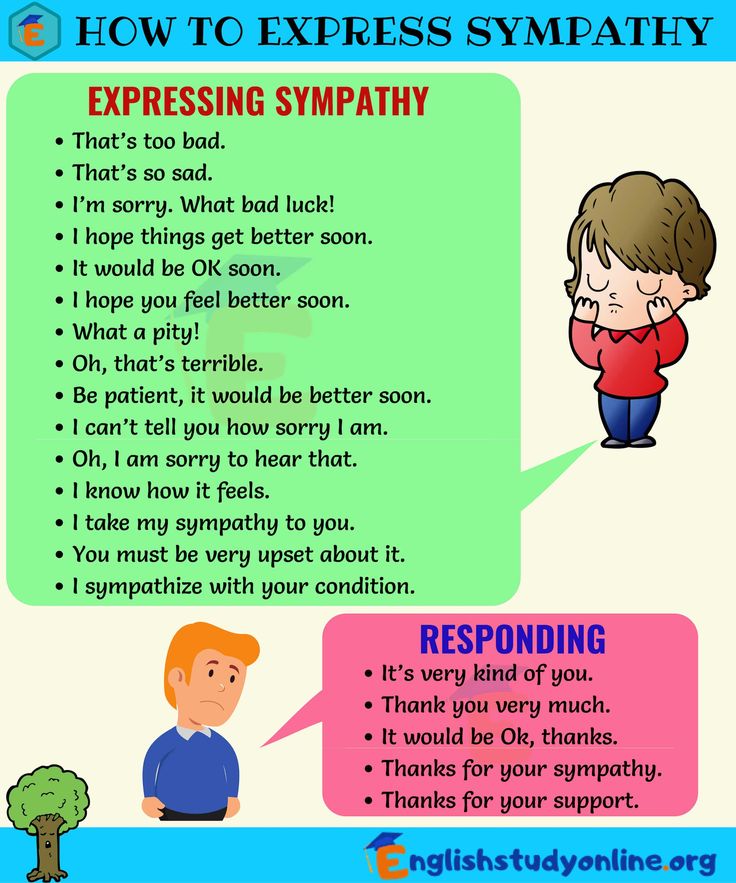 Fear not only receives information, but also gives commands to the body: directs blood to the legs, if you need to run, or to the head, if you need to think. As a rule, fear mobilizes our energy, although sometimes its effect is the opposite: it paralyzes us while we decide what to do in a particular situation.
Fear not only receives information, but also gives commands to the body: directs blood to the legs, if you need to run, or to the head, if you need to think. As a rule, fear mobilizes our energy, although sometimes its effect is the opposite: it paralyzes us while we decide what to do in a particular situation.
Anger is sometimes confused with the violence it can provoke. As a rule, this feeling covers a person when he suspects that he is not taken seriously (and some people live with this feeling all the time). But anger can also be useful: it causes the release of hormones (including adrenaline) into the blood, and they, in turn, provide a powerful burst of energy. And then we feel our strength, we feel courage and self-confidence. In addition, anger tells us that we have reached the point where we can no longer control ourselves - in a sense, it replaces the manifestation of violence.
Smiling and laughter have a healing effect, strengthening the immune defense of the body
Grief helps to withdraw into oneself in order to survive the loss (of a loved one, some qualities in oneself, material objects.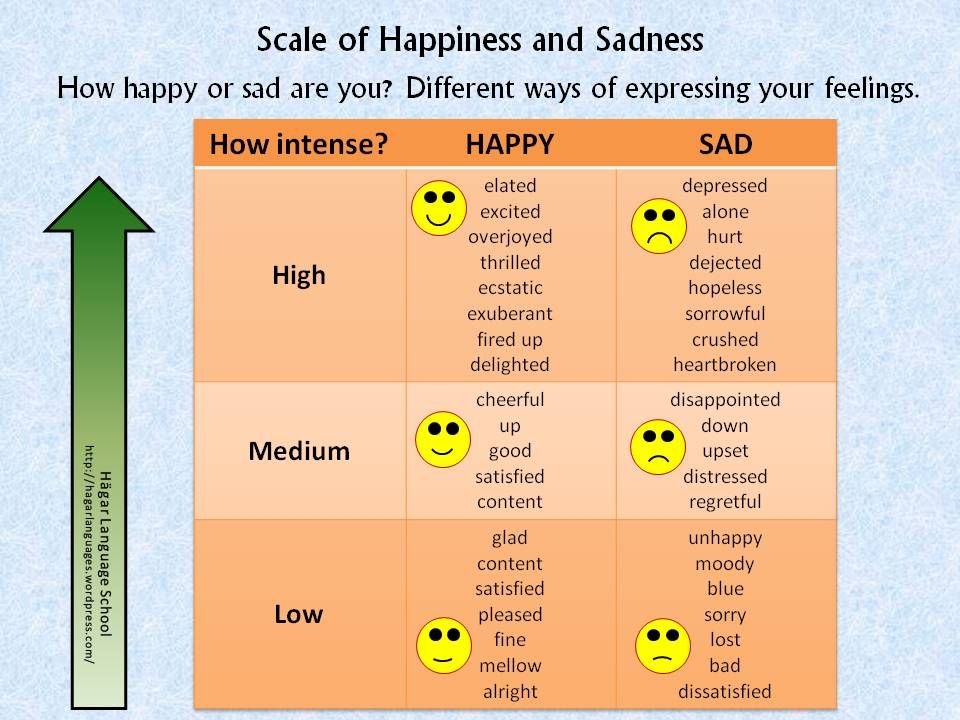 ..) and return the energy of life. It allows you to “overcome yourself”, adapt to the loss and rediscover the lost meaning of what is happening. In addition, the experience of grief attracts the sympathy and attention of other people - and we feel more secure.
..) and return the energy of life. It allows you to “overcome yourself”, adapt to the loss and rediscover the lost meaning of what is happening. In addition, the experience of grief attracts the sympathy and attention of other people - and we feel more secure.
Joy is the most desired emote. It is she who releases the maximum amount of energy, stimulating the release of hormones of pleasure. We feel confidence, our own importance, freedom, we feel that we love and are loved. Joy acts like a magnet: it draws others to us and helps us share our feelings. It is also known that smiling and laughing have a healing effect, strengthening the body's immune defenses.
Reason and feelings
Another important virtue of emotions is that they make us smarter. For a long time, science in a sense devalued them, placed them below the thinking mind. After all, from the point of view of evolution, emotions were born in the depths of the “prehuman” archaic mind and are closely related to the instinctive behavior of animals.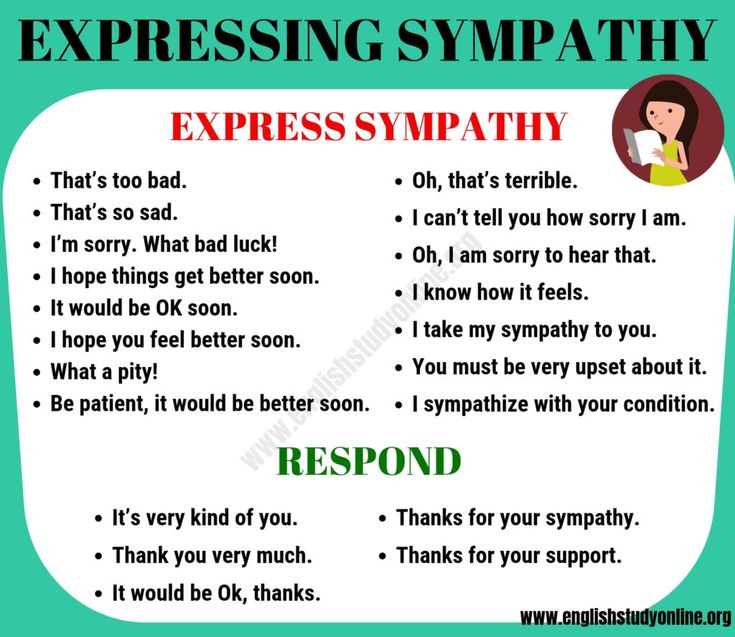 New parts of the cerebral cortex, which, in particular, are responsible for the processes of conscious thinking, appeared much later.
New parts of the cerebral cortex, which, in particular, are responsible for the processes of conscious thinking, appeared much later.
But today it is known that in its pure form the mind does not exist - it is fed by emotions. The American neurologist Antonio Damasio proved that knowledge that is not accompanied by emotions is fruitless, and an emotionally cold person is not able, for example, to learn from his mistakes. It is interesting that children and adults learn and remember something new only against the background of a positive and sufficiently strong emotional impulse, which, figuratively speaking, opens the door to a new area of neural connections.
Our personal success depends not so much on IQ, an indicator of intellectual development, but on the emotional quotient (EQ)
Perception also does not exist without emotions. Every word we perceive, every gesture, smell, taste, image is immediately "interpreted" by our senses.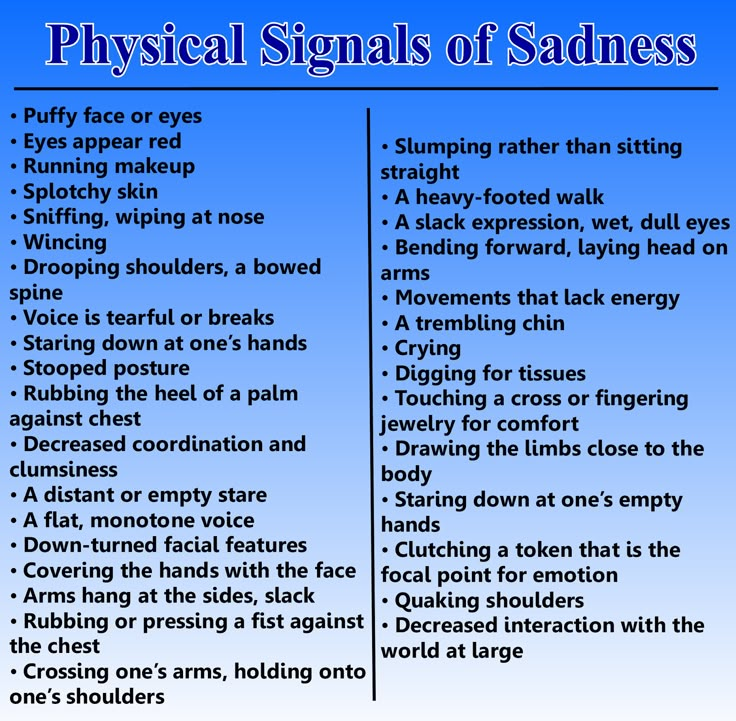 Without emotions, we would turn into automatons and drag out a rather colorless existence.
Without emotions, we would turn into automatons and drag out a rather colorless existence.
Psychologist Daniel Goleman introduced the concept of "emotional intelligence" into scientific circulation. He came to the conclusion that our personal success depends not so much on IQ, an indicator of intellectual development, but on the emotional quotient (EQ).
Based on experimental data, he proved that in the professional environment, the most successful are not specialists with many diplomas, but those who have valuable human qualities - the ability to analyze their feelings and manage both their own and other people's emotions.
When such people, for example, ask for help to solve some problem, others readily respond, while “emotionally disabled” (with low EQ) can wait several days for an answer to their request…
The voice of the unconscious
Emotions tell us the most important information about ourselves or what we are dealing with, and therefore they should be trusted, listened to and rely on them.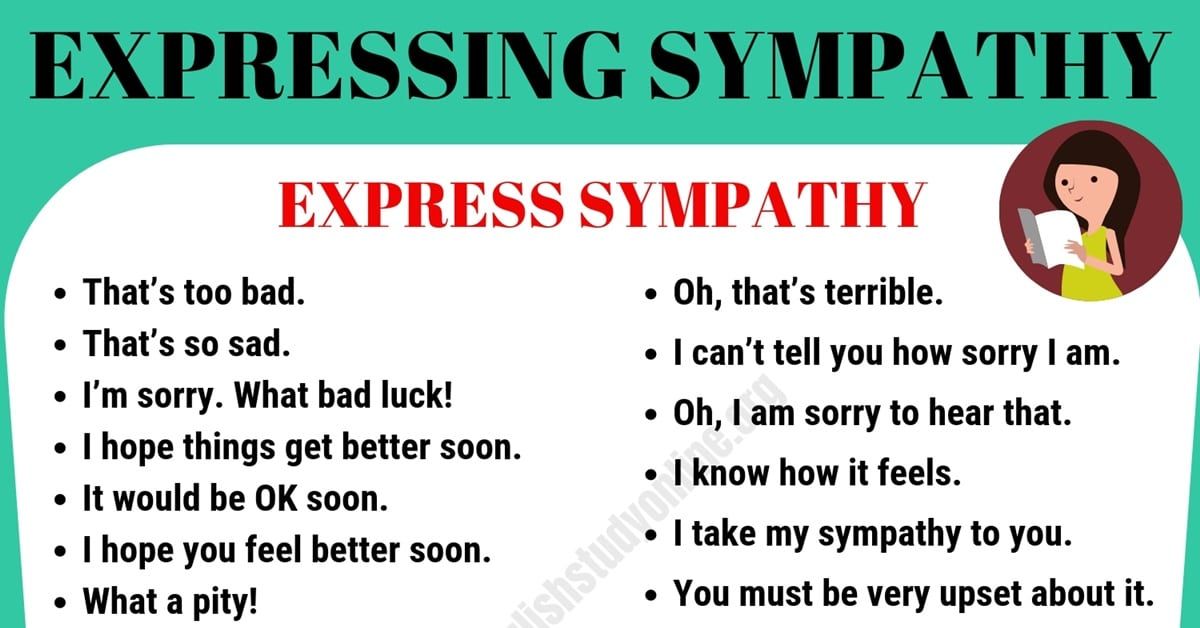 At first glance, this existential position seems to contradict the personal experience of many of us: more than once we have been mistaken, following the lead of feelings.
At first glance, this existential position seems to contradict the personal experience of many of us: more than once we have been mistaken, following the lead of feelings.
The greatest German philosopher Max Scheler explained this contradiction by the existence of two types of sensations. On the one hand, there are contact sensations that act like the mechanism of touch.
When we feel joy, we feel better, we can relax, we worry less, and therefore we are able to experience “more life”. If something upsets or angers us, we almost physically feel that our health and energy are being taken away from us - “part of life”. Contact feelings convey important information about the existential significance of what is happening for my health, my vitality. But such feelings (often coming from childhood) should not be relied upon in making decisions, it is important to be able to remove them, put them out of the brackets.
Confidence in one's emotions can and should be educated, trained
Another kind of sensations are distant ones. They are not directly related to our current state, but they capture something very significant about the other person. This is a well-known intuitive feeling. It is it that prompts us to ask a loved one: “Did something happen to you?” Or orders: “We urgently need to call home!”
They are not directly related to our current state, but they capture something very significant about the other person. This is a well-known intuitive feeling. It is it that prompts us to ask a loved one: “Did something happen to you?” Or orders: “We urgently need to call home!”
We are not taught to listen to distant feelings, but they allow us to instantly assess the atmosphere in a group of people, to form an impression of an interlocutor or a situation. If you look back at your life, you will surely notice that all the most important and correct decisions in it were made relying on your instincts: rational explanations usually come later.
Trust in one's emotions can and should be educated and trained. It is only important not to confuse contact feelings, which communicate about us personally, with distant ones, speaking about another person.
High voltages
When the power of emotions is too great, our psychological defense mechanisms turn on and we don't feel anything anymore.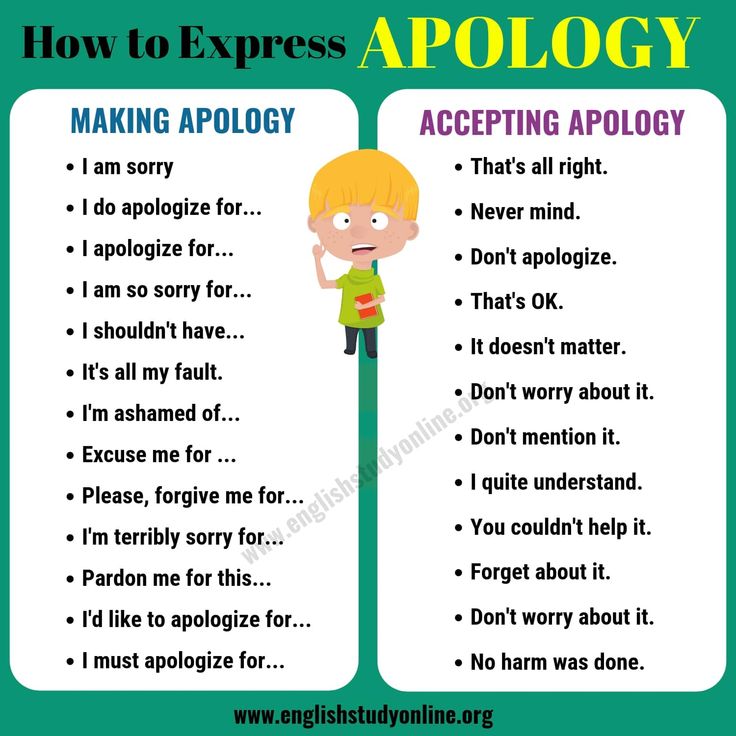 Depression, apathy, stupor - this is how it looks from the outside, but from the inside, a person simply no longer hurts, as with anesthesia. We transform suppressed ("forgotten") emotions into bodily sensations, erasing the relationship between the emotional experience and what caused it.
Depression, apathy, stupor - this is how it looks from the outside, but from the inside, a person simply no longer hurts, as with anesthesia. We transform suppressed ("forgotten") emotions into bodily sensations, erasing the relationship between the emotional experience and what caused it.
Sometimes emotions take the form of their opposite. Sadness is sometimes expressed in euphoric excitement; joy is in tears; sometimes we can laugh out loud - if only despair does not crush us. Psychological defense mechanisms deplete our mental and physical strength and almost always turn out to be ineffective: at some point, true feelings break through and overwhelm us.
Those who successfully hide their emotions are also subject to their pressure. You can fake laughter, play anger, lie about your true feelings, but it’s still impossible to pretend forever: sooner or later they will come out. So it's better to be able to accept them for who they are.
You are short-tempered or hypersensitive, notorious or paralyzed with fear. .. Try some simple exercises to help harmonize your emotions.
.. Try some simple exercises to help harmonize your emotions.
You are insecure
You are holding back, not allowing yourself to express either anger or joy... Your behavior has a motive that is not easy for you to recognize. The way out is to “let go” of yourself, to release your feelings.
Try to express feelings with gestures
Words are important, but 90% of our emotions are expressed by facial expressions, body. A smile, posture, gestures - even a simple shrug of the shoulders says more about our attitude to what is happening than long speeches ...
Recognize the existence of emotions
If a child is afraid of wolves, it is useless to convince him that they are not found in our forests. Accepting his feelings, parents may ask: “What can I do to calm you down?” There is no shame in being afraid, there is no need to be ashamed of fears.
None of our emotions are dangerous, they are our allies, from whom we should not constantly expect a dirty trick.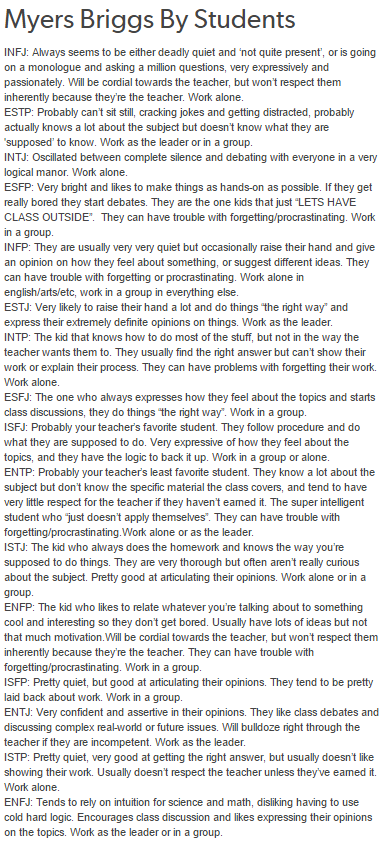
Keep a diary
It's like sharing your feelings with a friend. Such a written story helps to remember forgotten emotions, to think about them, to develop an attitude towards them.
You are paralyzed with fear
The higher the "bets" (ie the more you lose when you lose and the greater the reward for winning), the more you panic. You are so afraid of failure that you mentally draw the most catastrophic scenarios, and you give up. The way out is to master your feelings and overcome the "paralysis" of the will.
What does the person who fears you look like? Maybe the teacher who tormented you as a child, or the neighbor who wouldn't let you through? Each stressful situation awakens in us the memory of one that we experienced in the past, often in the first six years of life. And the feeling of fear that we could not overcome returns to us again.
Breathe properly
Concentrate on your breathing: lengthen your exhalations and shorten your inhalations to neutralize your internal sensations.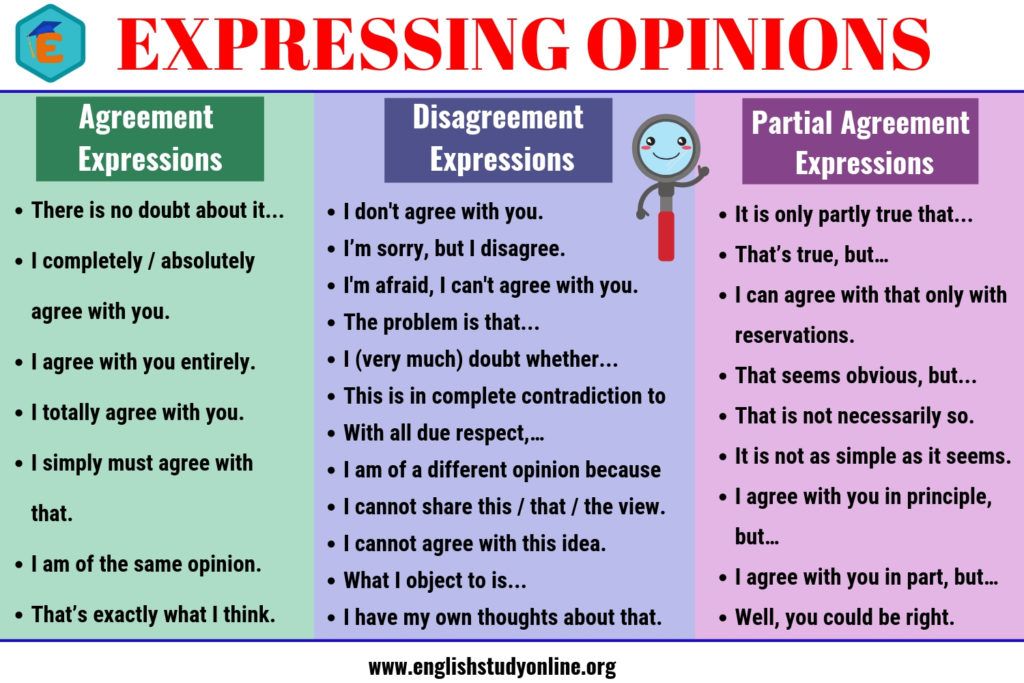
Think about your successes
For example, how you passed an exam brilliantly or won a tennis set against a friend. By building on past successes and the pleasures associated with them, you can overcome the desire to see catastrophic scenarios of events that have not yet taken place.
Prepare for the test
Consider the options for the event, determine what you want to achieve in any case, and what you can give in ... This will help you better control your emotions.
Look at the interlocutor, but not directly into the eyes, but at the point between them
You will be able to focus on what you say, and not on what you read in his eyes ...
You are quick-tempered
The way out is to learn to own their feelings and manage a conflict situation.
Do not accumulate claims
The more you accumulate them in yourself, the more you risk breaking loose. By speaking out about your grievances, you are helping yourself avoid outbursts of unbridled anger.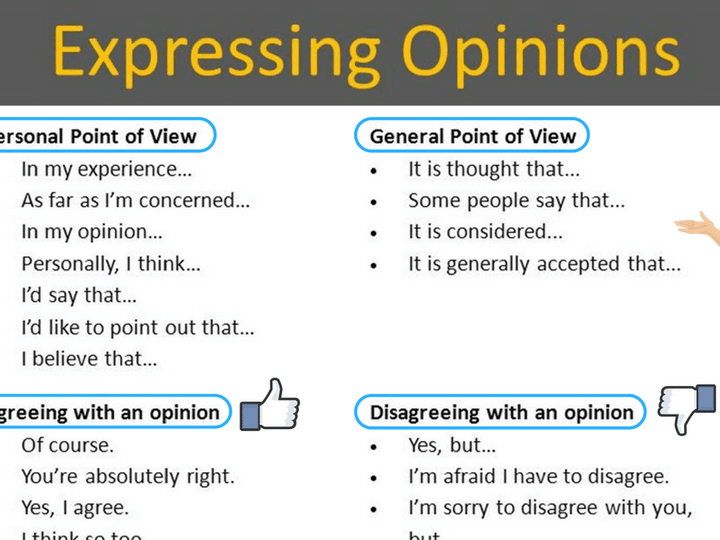
Learn to express feelings clearly
Name a feeling that is bothering you. Without complaining or blaming, say openly: "I'm having problems at work, I'm stressed out and don't know what to do."
Pause
The brain needs time to make a decision and take control of the situation. Relax the solar plexus: inhaling deeply, hold your breath for a few seconds, exhale and wait before inhaling again. From time to time close your eyes for 2-3 seconds: turning off visual signals reduces tension.
American psychotherapist Chaim Ginott advises to build your statements according to the scheme: "When you did X, I felt Y, and at that moment I wanted you to do Z." For example: “When you reproached me for being late, I felt guilty. It would be better if you hugged me instead of scolding me.
Lend a helping hand
Before responding with aggression to aggression, ask the “aggressor”: “Is something wrong with you?” Or offer him a truce: "I'm starting to get nervous, let's take a break, cool down.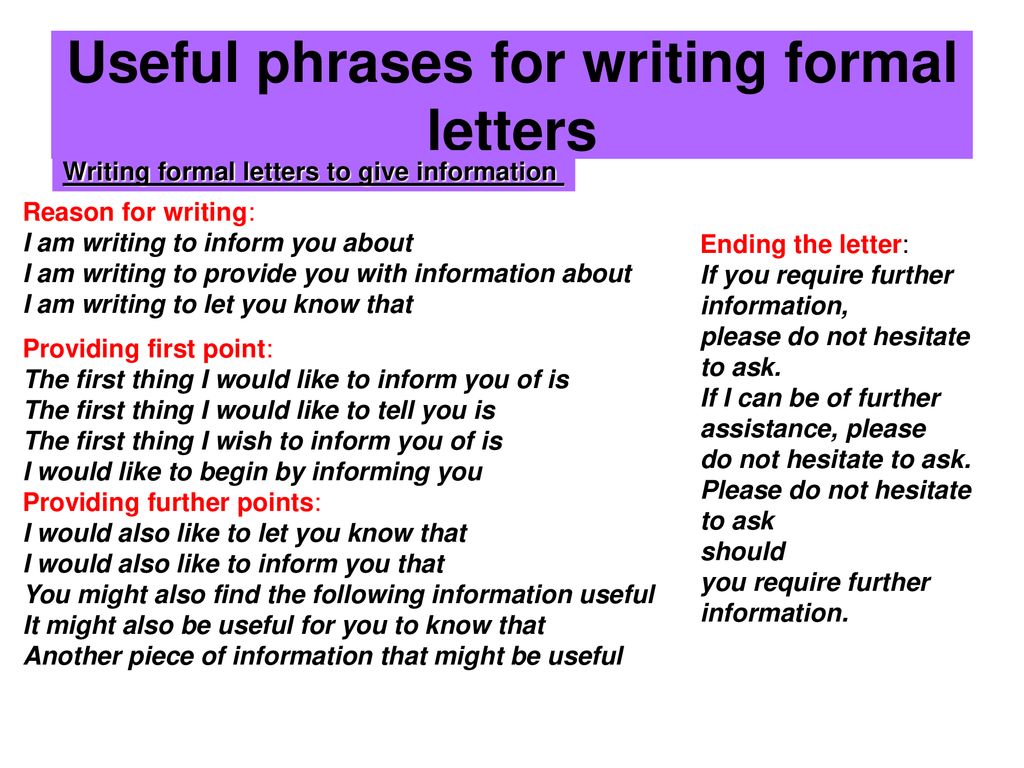 "
"
You are hypersensitive.
You are sensitive to both criticism and compliments. The way out is to establish a balanced relationship with people.
Don't focus on yourself
You worry too much about what others think of you. Try to step away from yourself a little and show empathy (empathy). Learn to put yourself in the other person's shoes. What is he thinking about? What is going through? This change of perspective helps to change the strategy of the relationship.
Don't try to be loved by everyone
Sometimes it's worth taking a risk and agreeing that your actions will not please someone, but someone will make life difficult. It is impossible to avoid manifestations of rivalry, antipathy, incompatibility of characters. The more clearly you realize this, the easier it will be for you to accept it, and the harder it will be for others to deceive you.
Try to find "trigger" situations
Make a list of situations in which you are especially vulnerable and words that provoke your inappropriate behavior.